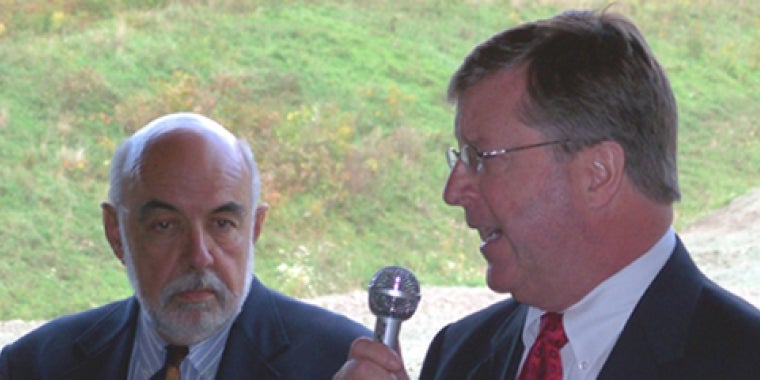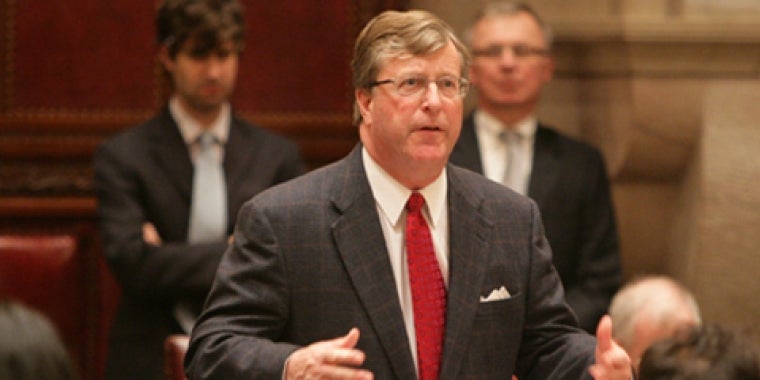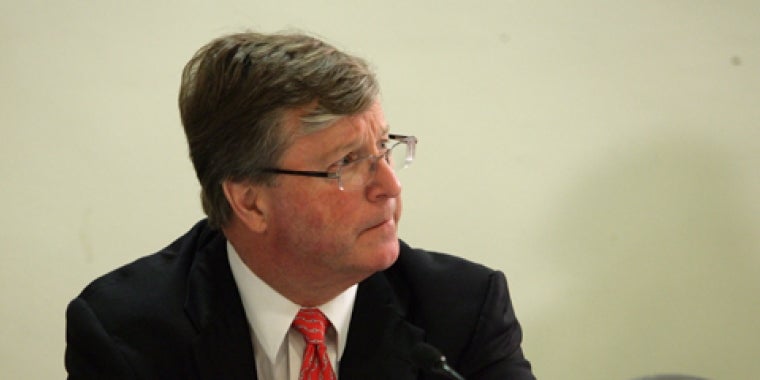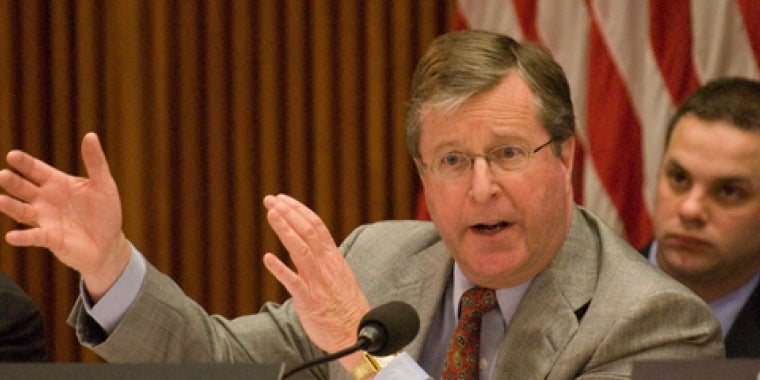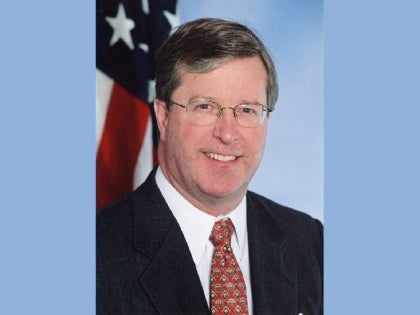
What's Happened to Budget Reform?
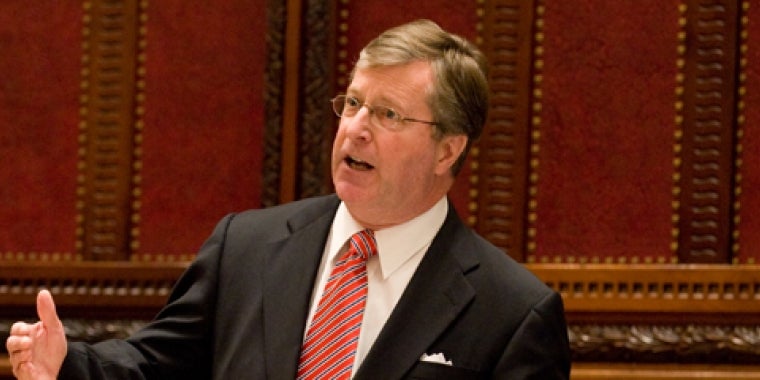
Albany, N.Y., March 23–With just over one week to go until the April 1 deadline to adopt a new state budget, State Senator George Winner (R-C-I, Elmira) wants to know how area residents feel about a budget adoption process that’s been noteworthy for its absence of public negotiating sessions.
Winner recently said that state leaders are ignoring key elements of the state’s Budget Reform Act of 2007, which established legal guidelines and timetables for the appointment of joint legislative budget conference committees to conduct public budget negotiations.
“The joint conference committee process at least provided the public with a scorecard to keep track of what’s being discussed and who’s behind it, and to gauge where it’s headed,” said Winner. “There’s a glaring lack of transparency in budget negotiations this year, and I’m concerned about where we’re going to end up.”
Winner has expressed concern since early this year that the lack of public negotiations over the final 2009-2010 state budget could be leading to a final fiscal plan that includes massive increases in state taxes and fees, and produces local job losses.
A report in today’s New York Post, for example, says that state leaders are secretly considering an increase in the state sales tax from 4 to 4 ½ percent.
On his Web site, Winner is offering area residents the opportunity to share their responses to the following “Quick Poll” question, “Should the New York State budget adoption process always include public budget negotiations?” [You can find this "Quick Poll" at the bottom of the home page]
Winner remains strongly opposed to several Paterson proposals, including:
-- a plan to increase more than 100 state taxes and fees to raise approximately $5 billion. Still under discussion, for example, are proposals to eliminate the two-year-old school property tax rebate program, as well as higher taxes and fees on owning and operating a motor vehicle (so-called “driver’s taxes,” including higher registration and license fees), wine and beer purchases, trout and salmon fishing, health insurance policies, life insurance premiums, security guards, seed distributors, retail food stores, auto rentals, and billions of dollars of other tax and fee increases that would impact individuals and businesses;
-- an Empire Zone reform plan that would eliminate existing Empire Zone benefits for most of the businesses and manufacturers located in zones throughout Winner’s legislative district, which covers Chemung, Schuyler, Steuben, Yates and Tompkins counties, and lead to local job losses; and
-- the elimination of $2.8 million in state funding for the New York Wine & Grape Foundation, which Winner called a driving force behind the success of the local and statewide wine industry over the past two decades. New York is now the nation’s third-largest wine producing state, with more than 250 wineries statewide. Nearly 200 of these wineries were established after the Foundation’s creation. The industry employs 18,000 workers and annually generates $3.4 billion for the state economy. Over three million people visit the state’s wineries every year.
“I’m fearful that state leaders are planning to rush through a budget that will lead to higher taxes and upstate job losses,” said Winner.
